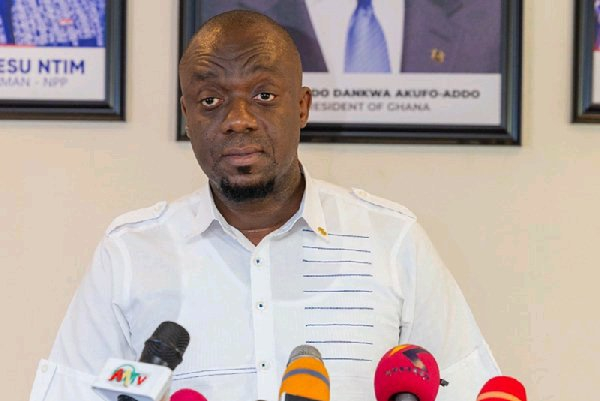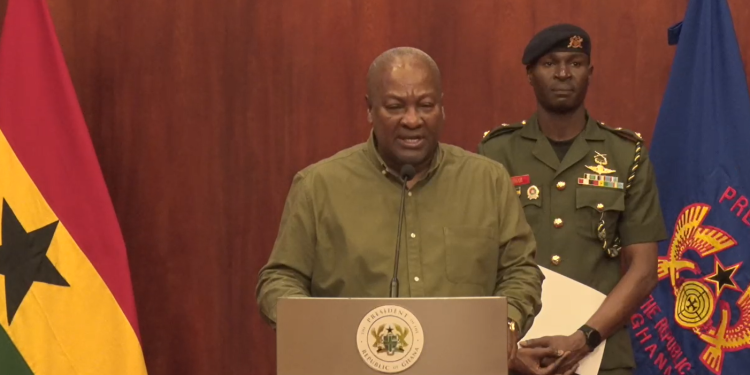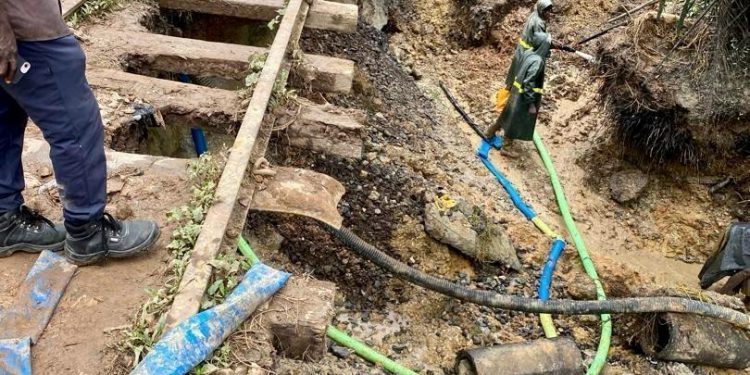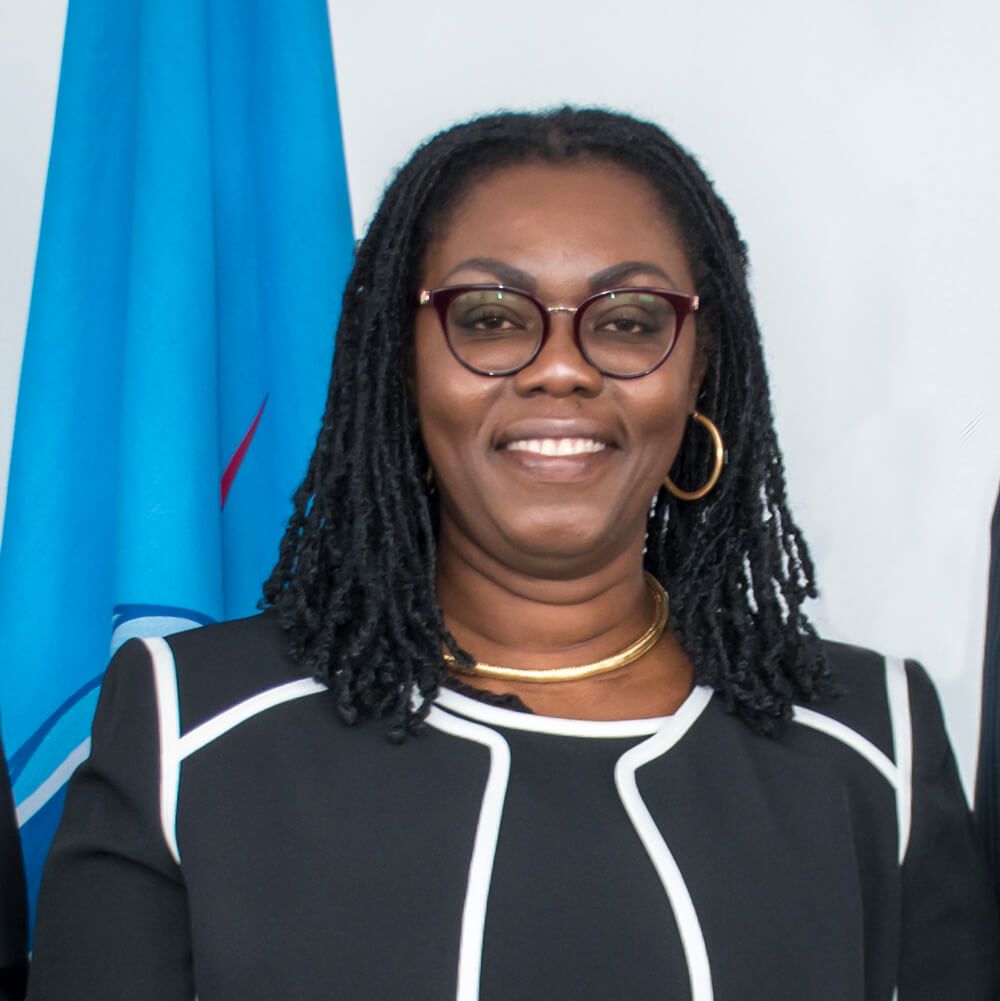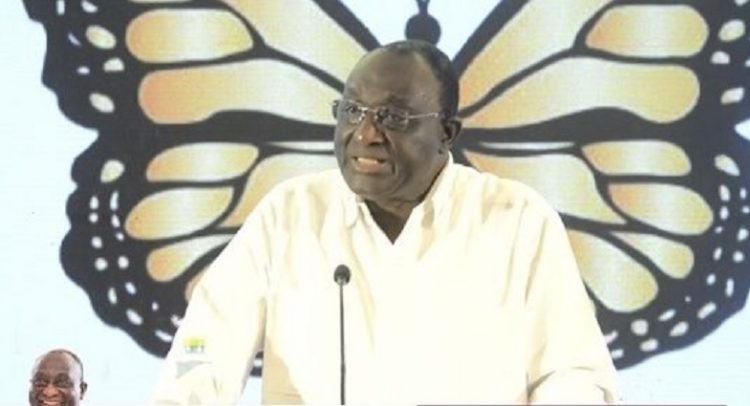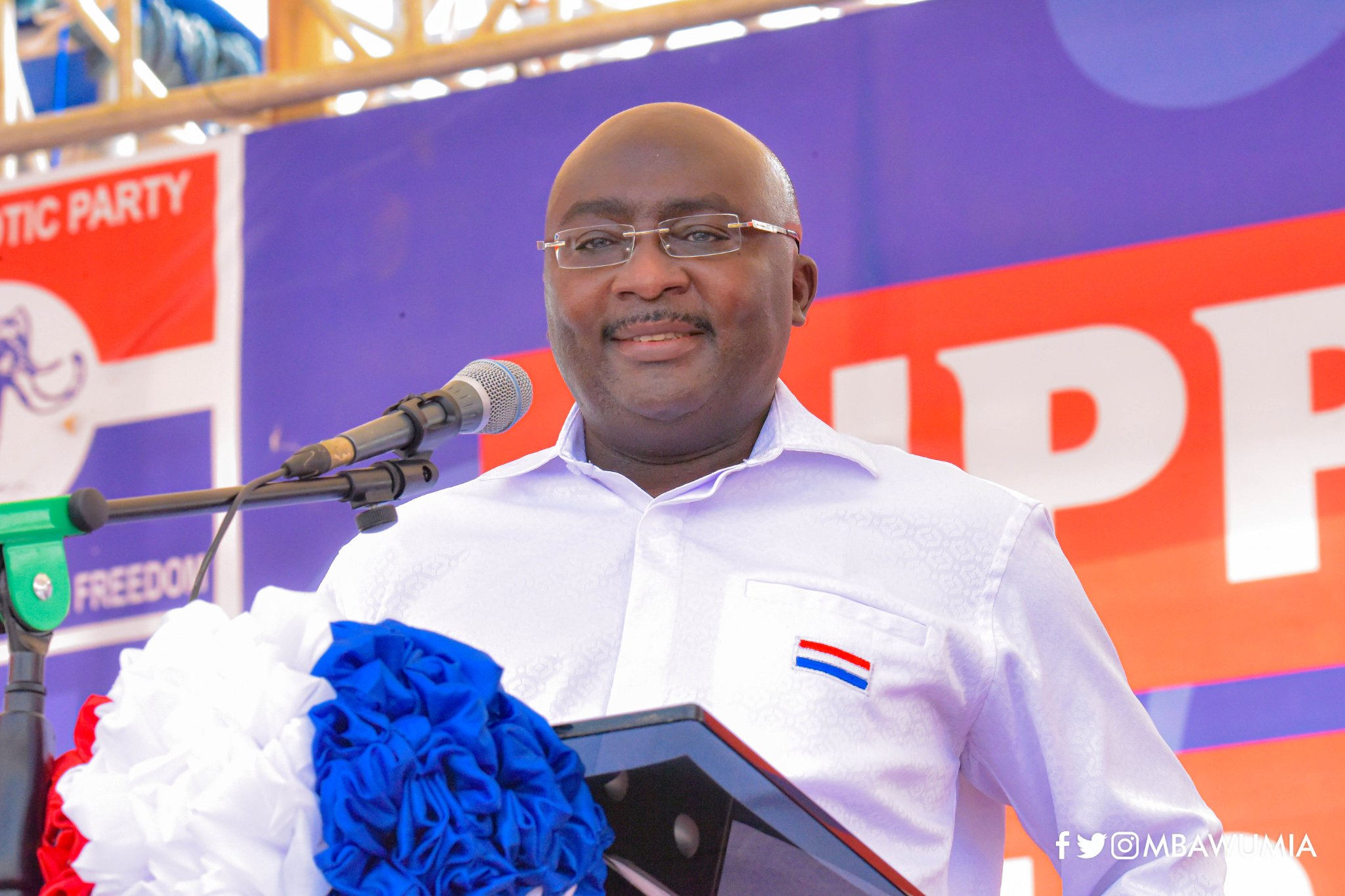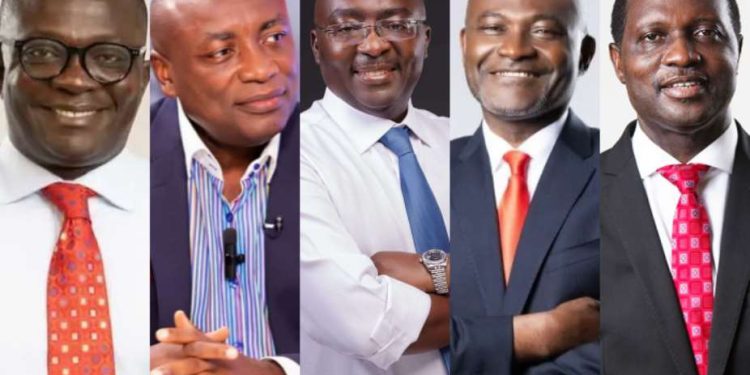Ghana’s opposition New Patriotic Party (NPP) is pushing back hard against what it calls an “unjustified” plan to raise utility tariffs—refusing to participate in a public hearing hosted by the Public Utilities Regulatory Commission (PURC) and accusing the government of exploiting already burdened citizens.
In a statement issued Monday and signed by General Secretary Justin Kodua Frimpong, the NPP confirmed it had declined an invitation to a PURC public hearing on proposed tariff adjustments under the 2025–2029 Multi-Year Tariff Review process.
“There is absolutely no justification for further tariff increases when the cost of living is already suffocating households,” the party said, calling the PURC invitation “unnecessary” and “out of touch.”
The PURC had invited political parties, civil society organizations, and other stakeholders to weigh in on tariff proposals submitted by major utility providers, including the Volta River Authority (VRA), GRIDCo, and the Electricity Company of Ghana (ECG). But the NPP says the entire conversation is a nonstarter.
At the heart of their argument is the recently introduced energy sector tax—dubbed the “Dumsor Levy”—which the NPP claims is already pulling in massive revenue. According to the party, the levy generates more than GH₵575 million each month, totaling over GH₵5.7 billion annually.
“If the government can collect this much under a levy passed in Parliament under questionable circumstances, then there is no reason consumers should be hit with additional charges,” the statement read.
The NPP didn’t hold back, slamming the ruling party for what it called “mismanagement and incompetence” in the energy sector. The party also rejected suggestions that the tariff increases were mandated under Ghana’s ongoing deal with the International Monetary Fund (IMF).
“That claim is simply false,” the NPP said, noting that the current IMF program wraps up in 2026, while the proposed hikes stretch from 2026 to 2029. “This is not IMF-driven austerity—it’s homegrown insensitivity.”
Frimpong and the NPP leadership say they’re prepared to fight back.
“We will use every legitimate means to oppose these outrageous tariff proposals. Ghanaians deserve better—not higher bills,” the statement concluded.
As the debate over tariffs intensifies, the PURC now faces pressure not only from opposition parties but from a weary public increasingly skeptical of utility pricing and government spending. The question remains: Will the government listen—or push forward regardless?



